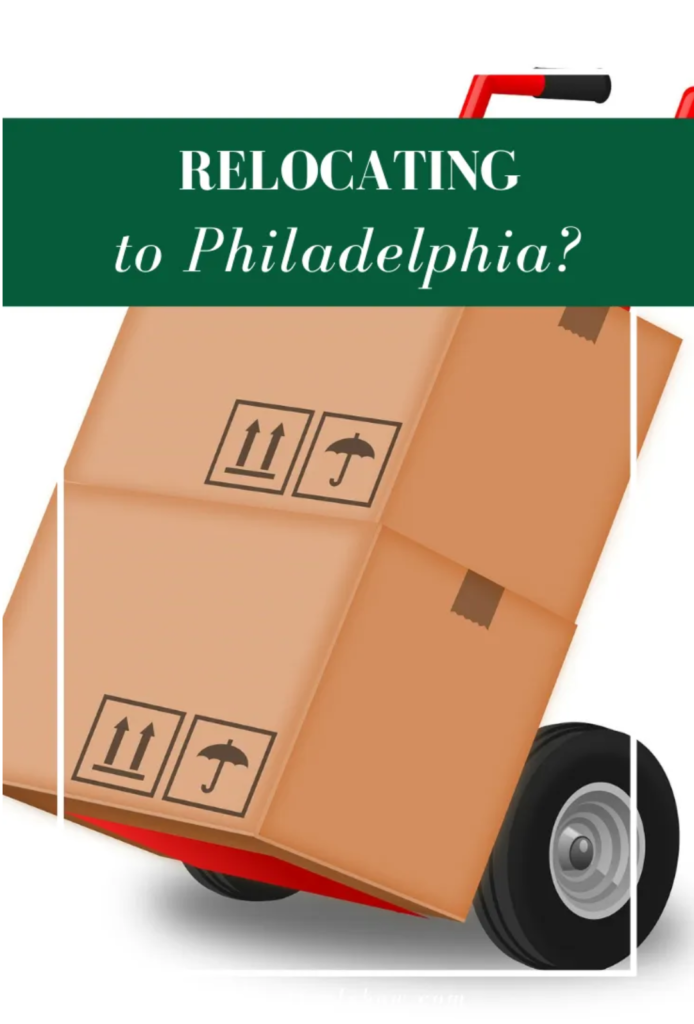
Pondering a Purchase? Be Properly Prepared:
Look for a Property that is Practical, not Perfect
While there is absolutely nothing wrong with making a list of all the features your dream home would have, it’s important to keep in mind that finding a property that checks every box on that list is extremely unlikely. My advice is to approach house hunting from a practical perspective and look for something that meets your needs as opposed to waiting to find a perfect property (which probably doesn’t exist). PLEASE NOTE: I am not proposing that you use only tangible criteria to make a home buying decision. I’m a firm believer in balancing quanitifiables (layout, number of bedrooms, yard size, location) with the visceral “Yeah, I think this could definitely feel like home to me” response. You need to be able to envision a potential purchase as a place you could genuinely feel comfortable and “see” yourself in. Just try not to look for perfection.
There is no perfect house
Even when people build their own houses, they usually make some compromises. Maybe the lot isn’t exactly what they would have chosen, the location is not in their favorite neighborhood or the lovely porch they wanted cuts down the amount of natural light in the living room. I always tell my clients: there is no house/property that has everything you want and nothing you don’t. Figure out what you non-negotiables are (number of bedrooms, first floor home office, air-conditioning) but consider whether any of them might have work-arounds. For example, you don’t want a pool? You could fill one in. Have to have a garage? Maybe you can build one. Something like school district or not being on a busy road are more cut and dried requirements.
Are you being unrealistic?
While some people buy the first house they see and some people look for the perfect home for 10 years or more, the majority of people search for around 30-90 days. I you’ve been looking for a year and feel that nothing you’ve seen could be a good fit, you may be being too picky. If you are willing to be patient and wait until something “just right” comes along, there is no rule that says you can’t. Just understand that while you might find a needle in a haystack, it’s more likely you will not.
There is no “right house”
Buyers often refer to the (fictional) “right” house. They declare lots of properties “not the right one”. While, certainly, many may not be good matches, I caution you against believing there is a single perfect “right” house. Why? Because it implies all the other options are “wrong”. In theory, there should be a number of available properties which could suit you. You might need to change some paint, refinish the floors and eventually update the kitchen. However, if you could see yourself living there and the house meets the criteria you’ve defined as “must haves”, don’t be too quick to put it in the discard pile, especially if you’ve been looking for a while.
House vs. home
As hokey as it may sound, don’t lose sight of the difference between a house and a home. Again, of course, the house and property must meet your needs and be a place your family can live comfortably. It needs to have the characteristics you’ve determined are important to you. Remember, though, what makes a house a home is your own personal stamp. Home is much more than the physical structure of any house. So if it has a few quirks here and there, decide how much they really matter, if everything else seems to fit the bill.
If you are relocating to the Philadelphia/Main Line area, please go to my blog page and search for posts using the relocation tag. Contact me to discuss your Philadelphia area relocation! jen@jenniferlebow.com/610 308-5973








